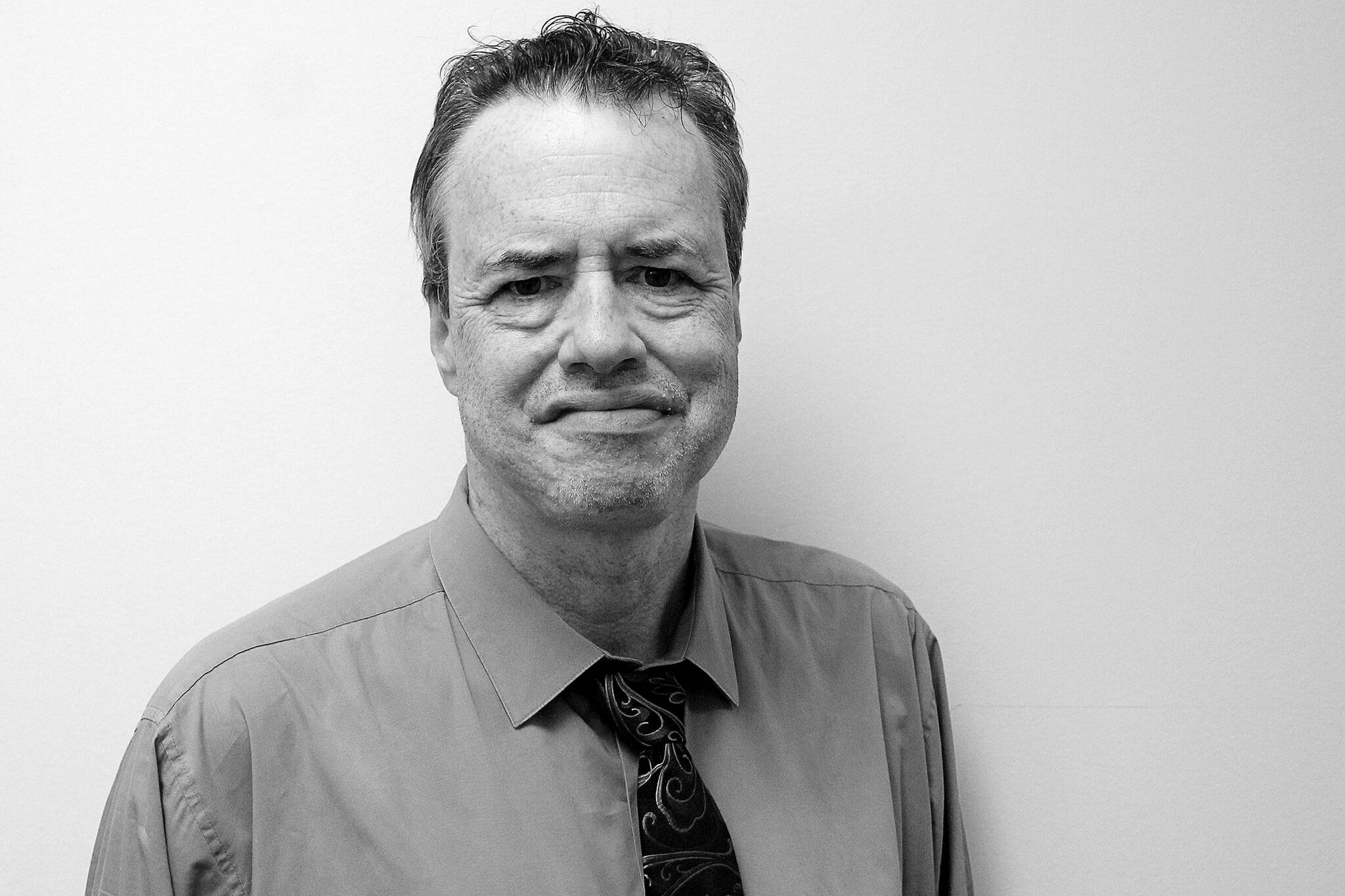As I wrote in a recent column, I have terminal cancer.
The weeks since Ann and I got the bad news have been eventful. I have resumed chemotherapy to extend my life as long as medically possible. While the resumption of this chemical regimen has fuzzed up my mind a bit, I remain lucid enough to be thankful for family and friends, and for the many well wishers among readers of this column.
And let me add, I am thankful that as of today, I am not drooling into a lobster bib.
One thing I have not done is feel sorry for myself. Or ask, why me? I know that death will catch up to all of us at some point, but in some ways, I count myself lucky for having some sort of closing bookend to my life, though there’s no telling how far off the day will be.
While there’s no getting around the fact that the news is a bummer, knowing it has allowed me time to indulge in an exercise common for human beings in my situation: examining the life I have lived. And the examination has been anything but pleasant.
I don’t know about you, but I am a deeply flawed person, and I have said and done many things of which I am not proud. That is, I am no golden bird cheeping about human frailties from some high branch of superhuman understanding.
I find myself in the position about which T.S Eliot wrote in the “Little Gidding” section of The Four Quartets, at the point where the poet meets in the urban dawn, a former master, “a familiar, compound ghost,” who teaches him about “the gifts reserved for age” to “set a crown upon your lifetime’s efforts,” concluding with:
“…The rending pain of re-enactment
Of all that you have done, and been; the shame
Of motives late revealed, and the awareness
Of things ill done and done to others’ harm
Which once you took for exercise of virtue…”
In the final summation, however — Hitler, Stalin and Ted Bundy aside — I think what will matter most is not the mistakes we made, or the shortcomings we had, or the dumb things we said, or God knows what aberrations that may have lain within the deep caverns of our souls.
I think the key thing is what we did with our imperfections. Did we indulge our selfishness? Did we fight to overcome that terrible temper? Did we surrender to the grosser parts of our nature?
The individual episodes that make up a human life sum to an almost countless number of temporal snapshots, extending forward and backward through time, from cradle to grave. All those moments add up to what some Native Americans call “The Long Body.” Or, if you prefer, “The Greater Self.” Picture all those snapshots as something shaped like a serpent. extending through a lifetime, connecting the infant to the old man or woman.
What really matters is what we learned along the way.
I have always believed that one of the greatest of life’s possible misfortunes is to become bitter, selfish, mean, and pigheaded as we age. and I am convinced that what we become is up to us.
C.S. Lewis wrote in “The Great Divorce,” his follow-up to William Blake’s “Marriage of Heaven and Hell,” that a life of grumbling unchecked will, in the end, turn a man or woman into something no longer human. And that, Lewis writes, is what is tossed into hell: a collection of grumbles.
Take care to guard against it.
Sometimes the lessons we need to learn come to us quietly as the fog on those famous little cat feet. Other times they hit us like claps of thunder.
An important thing I have learned is that the loudest jerk in room may be me. This realization hit me one day, while I was vehemently, furiously, at the top of my lungs declaring I was right and insisting I wasn’t upset. I recognized with a start how fast my pulse was racing, and that every muscle in my neck was taut as a bowstring. In that instance, the truth was as close to me as my jugular vein.
That was a thunderclap, and I am better for it.
Robert Whale can be reached at robert.whale@auburn-reporter.com.


